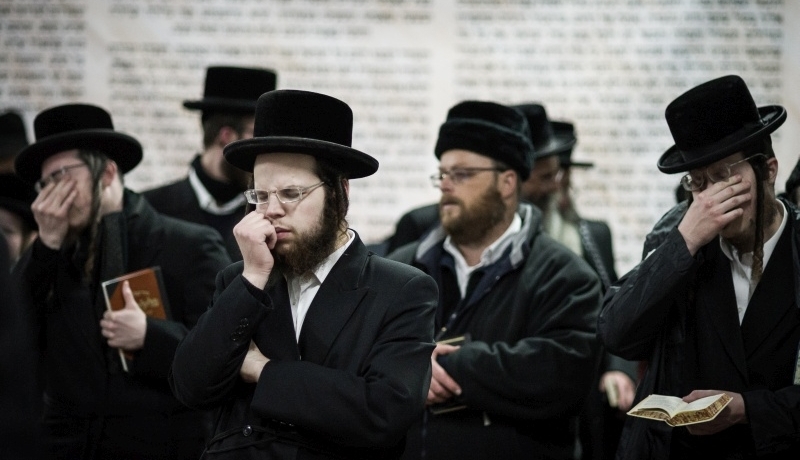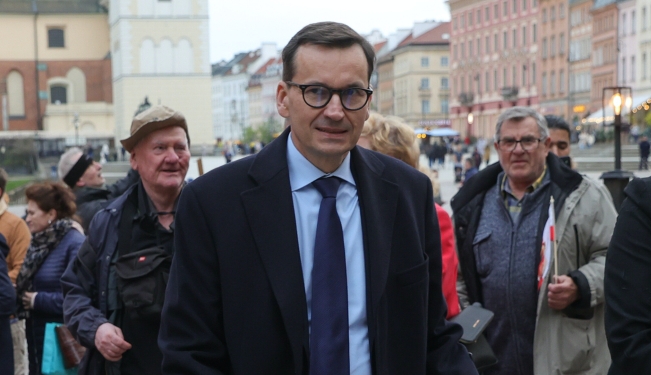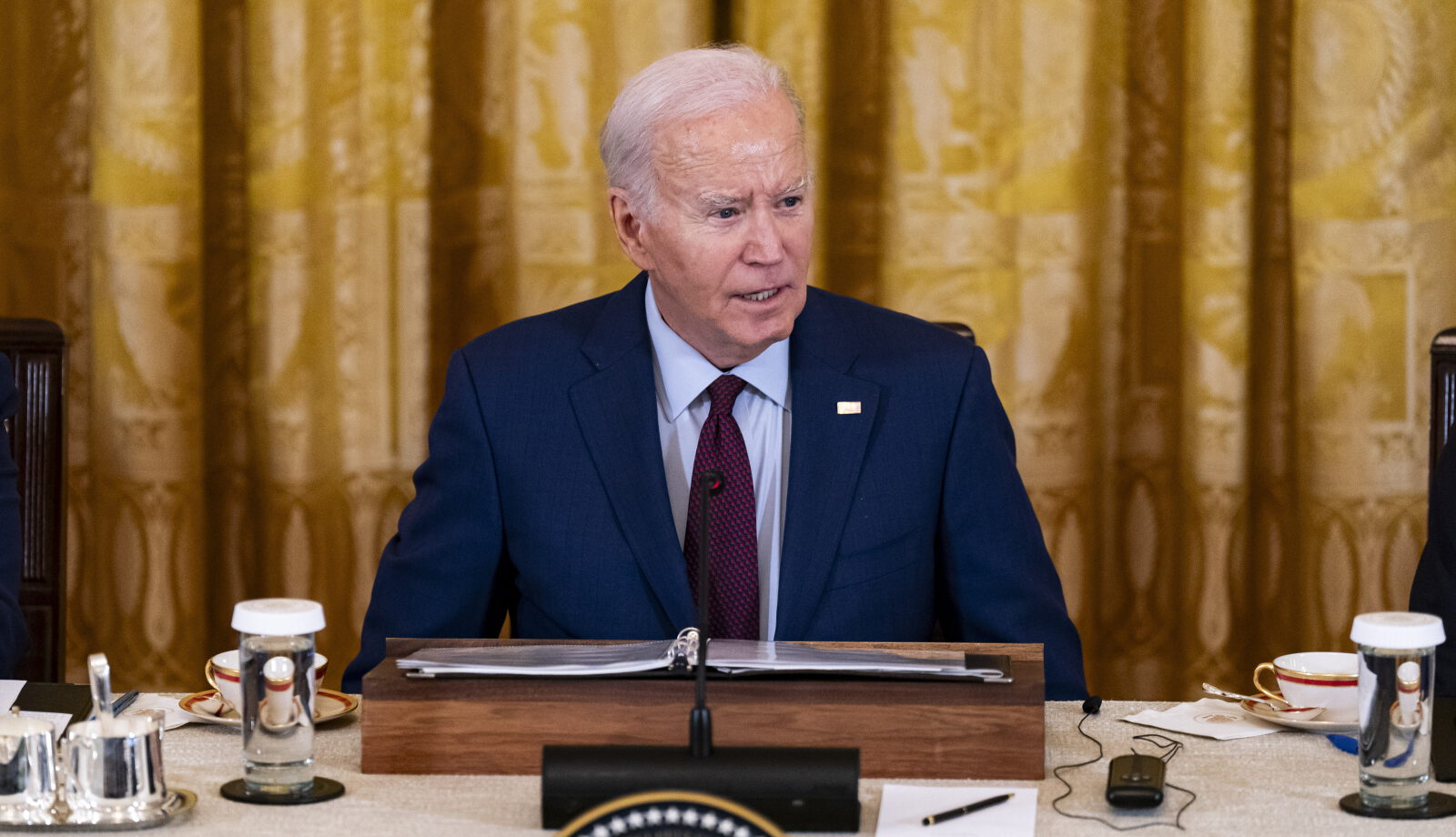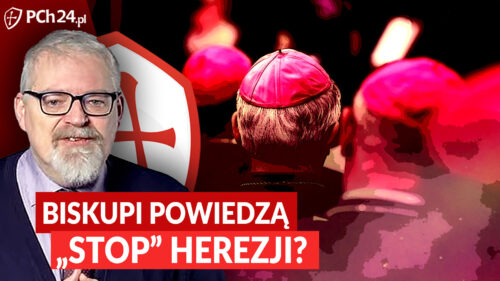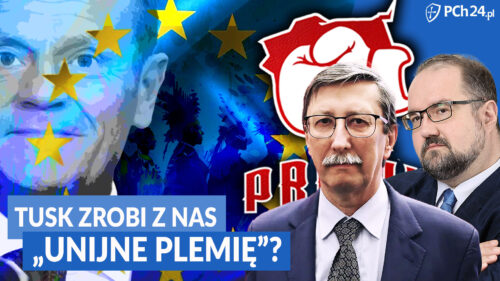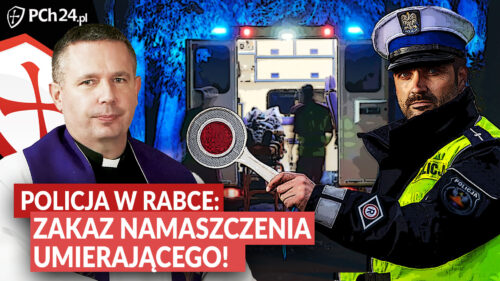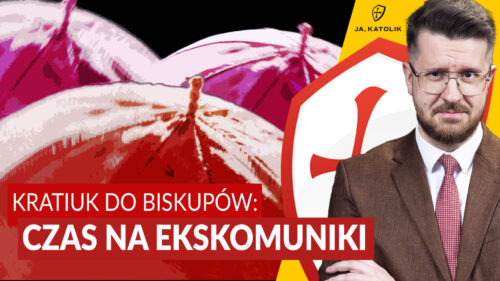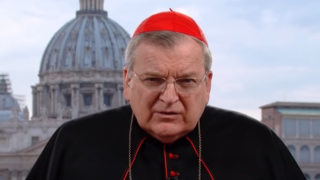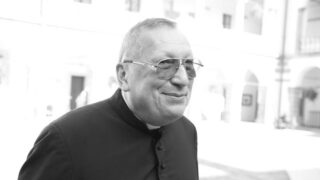Jesus Christ’s Great Commission is still binding upon all of His followers. Therefore, nobody can release us from it. Moreover, it would be disastrous if establishing a religious dialogue were to replace or weaken the Church’s dynamic missionary activities, says Rev. Professor Waldemar Chrostowski in an interview with PCh24.pl.
Father Chrostowski, are we still allowed to convert Jews? Does the document released by the Vatican on the occasion of the 50th anniversary of the preparation of the Nostra Aetate declaration really put an “end” to the Church’s mission towards them?
Wesprzyj nas już teraz!
The Vatican document states that no institutionalised form of converting believers in Judaism is being planned. Although such projects were undertaken in the distant and closer past, their results were meagre and sometimes even other than expected. However, this does not mean the end of the Church’s mission towards Jews – it rather lays emphasis on giving personal testimony to Jesus Christ. This testimony, when reflected in beliefs that we publicly express and in the life and actions of believers in Christ, may effectively lead Jews to ask about Christ and His role in the plan of salvation initiated along with the appointment of Abraham and his descendants.
Over the last decades, we could observe a big semantic change towards believers in Judaism and the entire Jewish nation in the Church. What are the reasons for this change? Is it really necessary?
The change in the Church’s perception and approach towards believers in Judaism results mainly from three circumstances. The first one is the annihilation of millions of Jews carried out by German national socialists in Europe, which has been fed with the Gospel and the ideals of Christianity for over 2,000 years. Regardless of the sources and nature of national socialism, it is also the failure of Christianity to some extent because, after all, most of the perpetrators have Christian roots. Even though they abandoned and fought these roots, this does not release us from asking why.
The second reason is the formation and development of the State of Israel. Since the lack of Jewish statehood has been perceived by Christians as a punishment for refusal to acknowledge Jesus Christ for several centuries, how to perceive and interpret the radically new situation that came into being in May 1948 and continues to exist?
The third and most important fact is that our relations with Jewish religion are different from those with any other religion because they are internal in a certain way. The important theological challenge to be faced is to explain what makes up this specific bond and what results from it.
The attitude to converting others seems to be one of the primary confusions in today’s attitude of the external world to Catholicism. After all, this necessity is the direct result of Christ’s call. Moreover, Catholics treat converting others as the act of love – giving a chance to meet Christ. Does the interreligious dialogue bring us closer to the fulfilment of the Christ’s mission to “teach all nations”? Are there any known visible effects of the announcement of Nostra Aetate five decades ago – for example, have you heard about anyone who has converted himself because of this declaration?
Jesus Christ’s Great Commission is still binding upon all of His followers. Therefore, nobody can release us from it. Moreover, it would be disastrous if establishing a religious dialogue were to replace or weaken the Church’s dynamic missionary activities. The fact is that such things do happen. I do not know anyone who has converted from Judaism to Christianity thanks to Nostra Aetate and, on the other hand, I know a number of people who have converted to Judaism after engaging in a dialogue in the Church.
The mechanisms of this change are complex, and the problem does not lie in the dialogue as such, but in distorted and sick forms of its perception and fulfilment. They also result from the fact that the definition of dialogue is extended to include political correctness initiatives transferred to the field of religion and theology. They impose the Jewish point of view, which is a caricature of religious dialogue and largely reduces interest in such dialogue among believers in Christ. The act of love is not actually based on converting Jews, which basically does not happen on the institutional level, but on establishing friendly relations with them that overcome mutual animosity and stereotypes, and bearing convincing witness to faith in God and believing God in the world that does not know God and has an increasing tendency to live and behave as if God did not exist.
In Poland, Catholic-Jewish relations are marked by a special stigma of political correctness. This results from obvious historical reasons, but also from many misinterpretations of John Paul II’s words about “elder brothers in faith”.
I have talked about this countless times and have come across strong protests even in the Church. Particularly poignant and intransigent was the attitude of Archbishop Józef Życiński, who gave the title “Far from John Paul II” to his text in Michnik’s Gazeta Wyborcza commenting upon the clarification of misinterpretations and the correct translation of words said by the Holy Father in the Roman synagogue on 13 April 1986. I will shortly refer to what I have repeated many times: John Paul II said: “You are our dearly beloved brothers and, in a certain way, it could be said that you are our elder brothers.” However, the term “in a certain way” was omitted in the Polish translation, which seriously distorted the sense of original words.
The correct interpretation of this case is: believers in Rabbinic Judaism, to which John Paul II’s words are addressed, are our elder brothers, but they are not in a certain way. The task of theologians is to explain this polarisation, and denying it borders on the heresy that has already been tackled by Fathers of the Church and early Christian writers. Thus, I have indicated the need for an intra-Catholic “dialogue on dialogue” that would be based on the reflection on (unfalsified!) words of the Holy Father – in vain! In spite of this, I think that today the awareness of this subject among believers and theologians is deeper and fuller, although there is still much to be done. As I have experienced, the followers of the “open Church” resort to secret intrigues and lies to eliminate everyone who does not comply with canons of political correctness and to monopolise the Church’s relations with believers in Judaism.
Converting others is the primary task of the people of the Church. But does this obligation rest only with priests? Today, in view of the migration of believers in Islam to Europe and the rapid secularisation of the West, should also lay persons recollect the need to give testimony to faith and, consequently, to convert others to the holy faith of Christ?
You have actually answered this question by putting it in this way. The obligation to fulfil Jesus Christ’s Great Commission rests with all of His followers because all of us – priests and lay persons, men and women – constitute the Church. I think that the migration of Islamic believers on such an unprecedented scale is not a coincidence, but a political action that has been carefully planned from above with at least two goals: to “clean” the Middle East of young people, including Christians, and to change radically the demographic map of uniting Europe, which will never be the same as before. Both of these issues are a huge challenge for European Christians – it is necessary to appeal for reason and prevent the planned mass destruction of Christian roots and the identity of Europe that began some time ago.
But, in order to win others for faith in Christ, we must first truly convert ourselves and give reliable testimony to it. Otherwise, in a few decades, Europe may resemble Asia Minor and North Africa – the areas where Christianity used to flourish and where only the rubbles of churches and Christian cities have remained today.
Interview by Krystian Kratiuk
Reverend Professor Waldemar Chrostowski – a theologian, a Biblical scholar, the consultor of the Council of the Episcopate of Poland for Religious Dialogue, the full professor of the Cardinal Stefan Wyszyński University in Warsaw, the chairman of the Society of Polish Biblical Scholars, engaged in the Catholic-Jewish dialogue. The former co-chairman of the Polish Council of Christians and Jews. A member of the Committee on Theological Sciences of the Polish Academy of Sciences. The author of over 2,000 scientific and popular science publications.
TEXT PUBLISHED IN 2016

